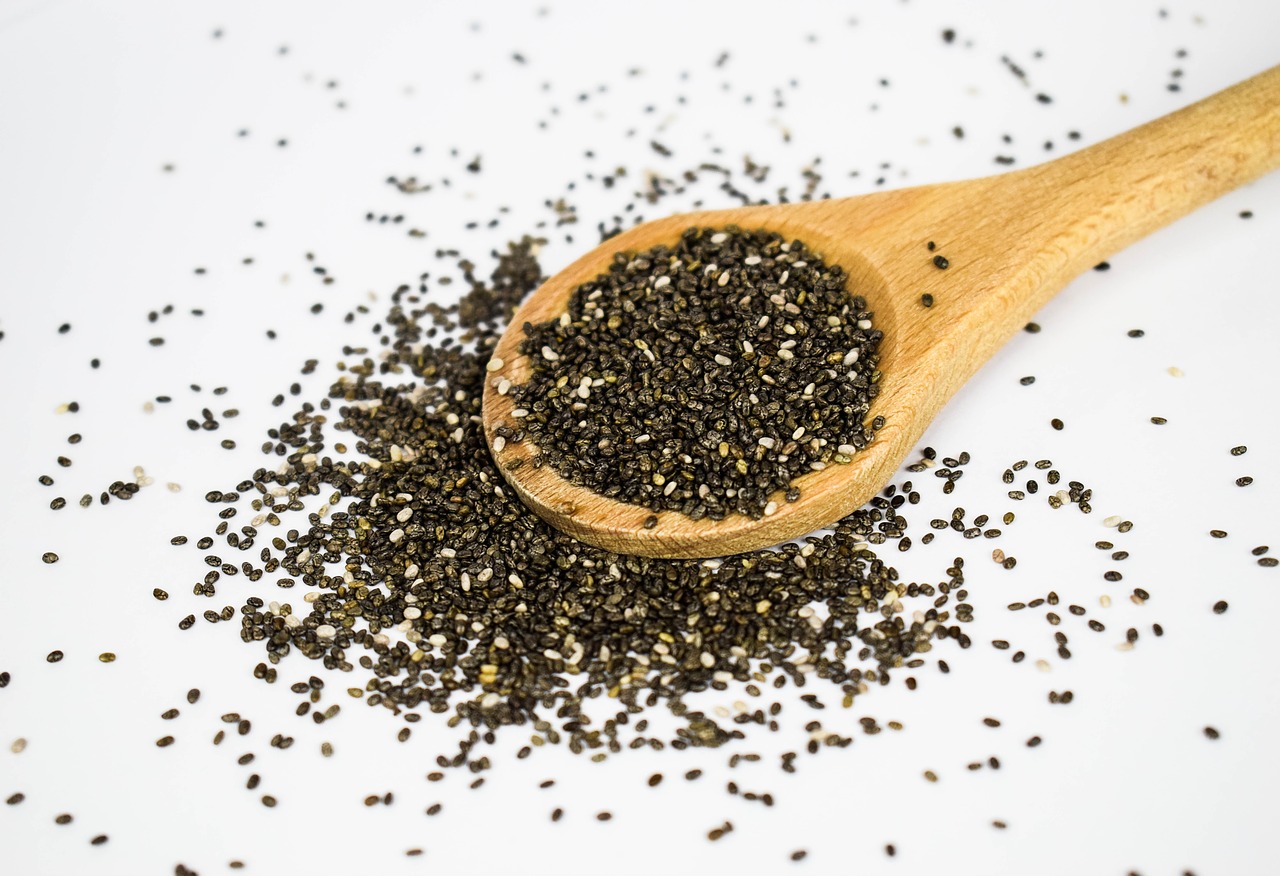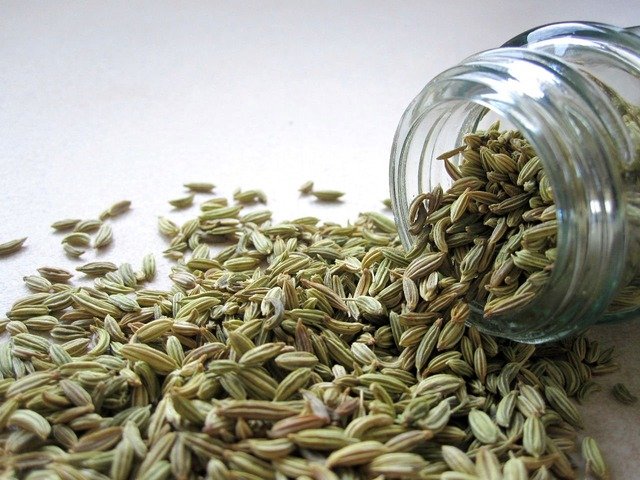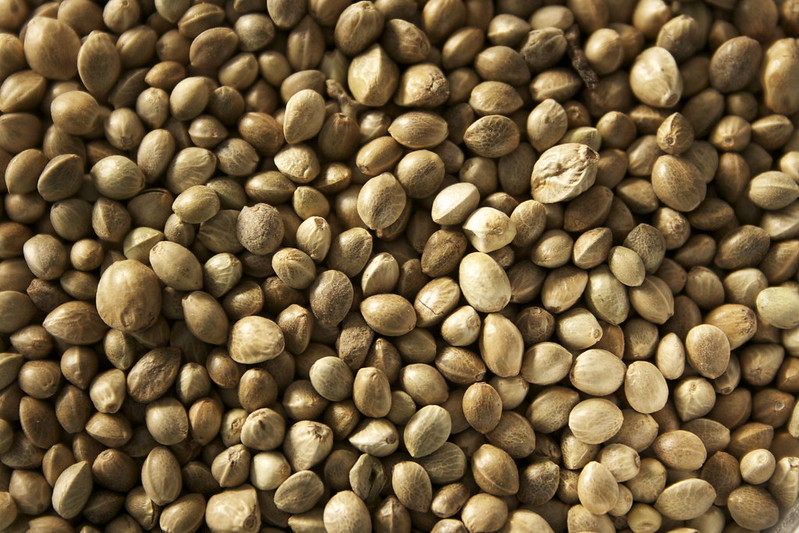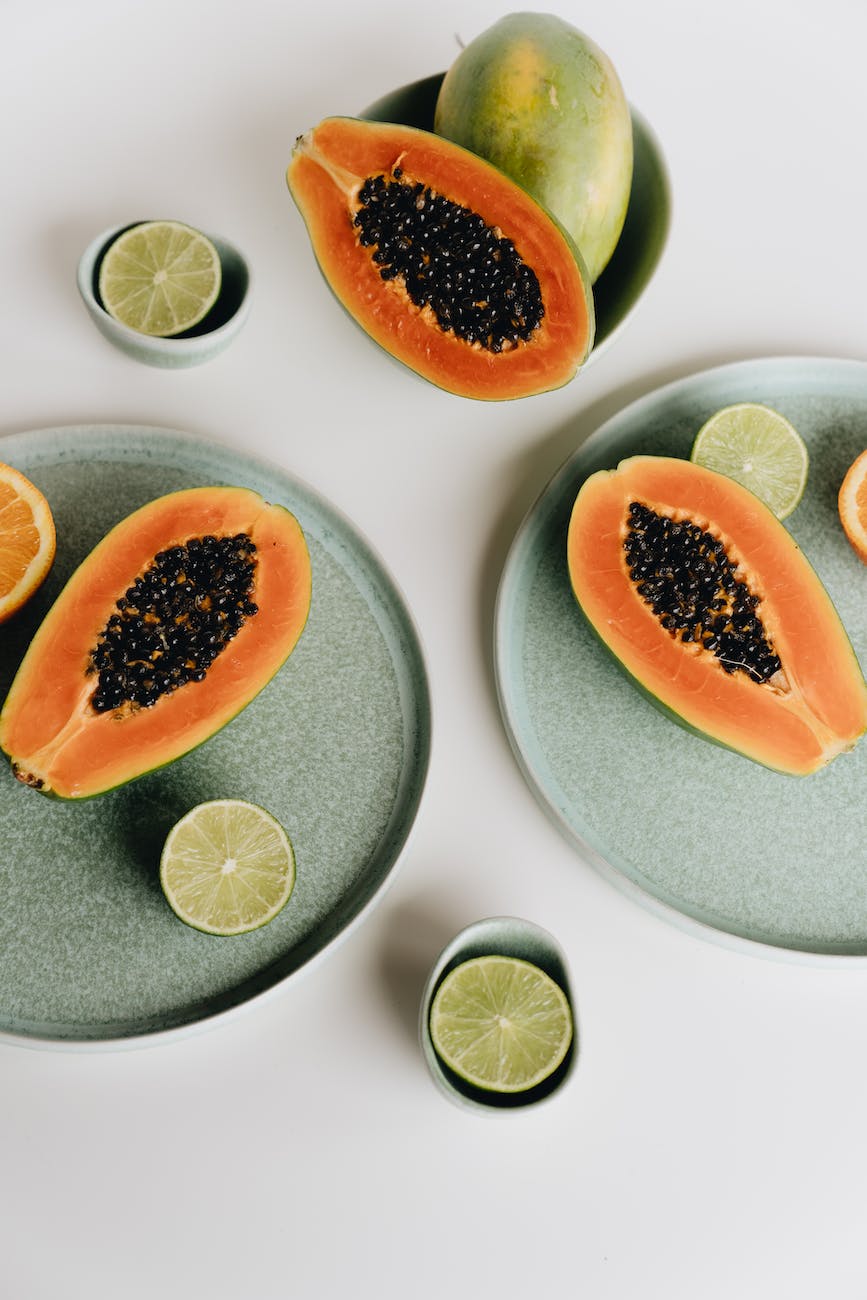
If you’re looking for a simple and natural addition to your weight loss journey, look no further than chia seeds. These tiny powerhouses are packed with nutrients and offer a range of benefits that can support your efforts to shed those extra pounds. From providing satiety to promoting digestive health, chia seeds have earned their reputation as a superfood for weight loss. Let’s explore the incredible potential of chia seeds and discover how they can make a big difference in your weight loss journey. 🌱💪🌟
1. Satiety Superstars for Portion Control 🍽️🌿
One of the key benefits of chia seeds for weight loss is their ability to promote feelings of fullness and satiety. When consumed, chia seeds absorb liquid and expand in the stomach, creating a gel-like consistency. This gel-forming property helps keep you feeling fuller for longer periods, reducing the temptation to overeat or snack between meals. By incorporating chia seeds into your diet, you can support portion control and maintain a calorie deficit for weight loss success. Embrace the satiety superpowers of chia seeds and take control of your cravings! 🌟🍽️💪
2. Fiber Boost for Digestive Health and Regularity 🌾🌿
Chia seeds are an excellent source of dietary fiber, which is essential for a healthy digestive system. Fiber promotes regular bowel movements, prevents constipation, and supports overall digestive health. By including chia seeds in your meals or snacks, you can increase your fiber intake and support a well-functioning digestive system. A healthy gut contributes to efficient nutrient absorption and elimination of waste, both of which are crucial for weight loss. Embrace the fiber-rich goodness of chia seeds and nurture your digestive health. 🌟🍽️🌾
3. Omega-3 Fatty Acids for Heart Health and Inflammation Reduction 🐟💚
Chia seeds are a fantastic plant-based source of omega-3 fatty acids. These essential fats are known for their numerous health benefits, including heart health and inflammation reduction. Omega-3 fatty acids support cardiovascular health by promoting healthy cholesterol levels and reducing the risk of heart disease. Additionally, their anti-inflammatory properties can help alleviate inflammation in the body, which can contribute to weight gain and hinder weight loss progress. By incorporating chia seeds into your diet, you can nourish your body with these beneficial fats and support overall well-being. Embrace the omega-3 power of chia seeds and empower your weight loss journey. 🌟💪🥗
4. Nutrient-Dense Superfood for Optimal Nutrition 🌿🌈
Despite their small size, chia seeds are packed with essential nutrients. They are a rich source of antioxidants, vitamins, minerals, and plant-based protein. By incorporating chia seeds into your meals or snacks, you can boost your nutrient intake and support your overall health while on your weight loss journey. Nourishing your body with nutrient-dense foods is essential for sustainable weight loss and overall well-being. Embrace the nutritional benefits of chia seeds and give your body the fuel it needs to thrive. 🌟🍽️💚
5. Culinary Versatility for Creative and Delicious Recipes 🌿🍽️
Chia seeds are incredibly versatile and can be easily incorporated into a wide range of dishes. They have a mild, nutty flavor that complements both sweet and savory recipes. Sprinkle them over yogurt or smoothie bowls, mix them into oatmeal or chia puddings, or use them as an egg substitute in baking. You can even create a refreshing chia seed drink by soaking them in your favorite beverage. The culinary possibilities are endless, allowing you to enjoy the nutritional benefits of chia seeds while delighting your taste buds. Get creative in the kitchen and let chia seeds add a touch of health and flavor to your meals! 🍽️👩🍳🌿
6. Hydration Support and Energy Boost 💧🌟
Chia seeds have the unique ability to absorb several times their weight in liquid, forming a gel-like consistency. This property can help support hydration by retaining moisture in the body. Staying hydrated is essential for overall health and can also support your weight loss efforts. Additionally, the slow release of energy from chia seeds can provide a sustained energy boost, keeping you fueled and satisfied throughout the day. By incorporating chia seeds into your diet, you can stay hydrated, energized, and focused on your weight loss goals. Embrace the hydrating and energizing benefits of chia seeds! 💧💪🌟
Incorporating chia seeds into your weight loss plan offers numerous benefits, including satiety, digestive health, omega-3 fatty acids, optimal nutrition, culinary versatility, hydration support, and an energy boost. So, don’t underestimate the power of these tiny seeds. Harness the potential of chia seeds and embark on a weight loss journey that nourishes both your body and your taste buds. 🌱🍽️💪













